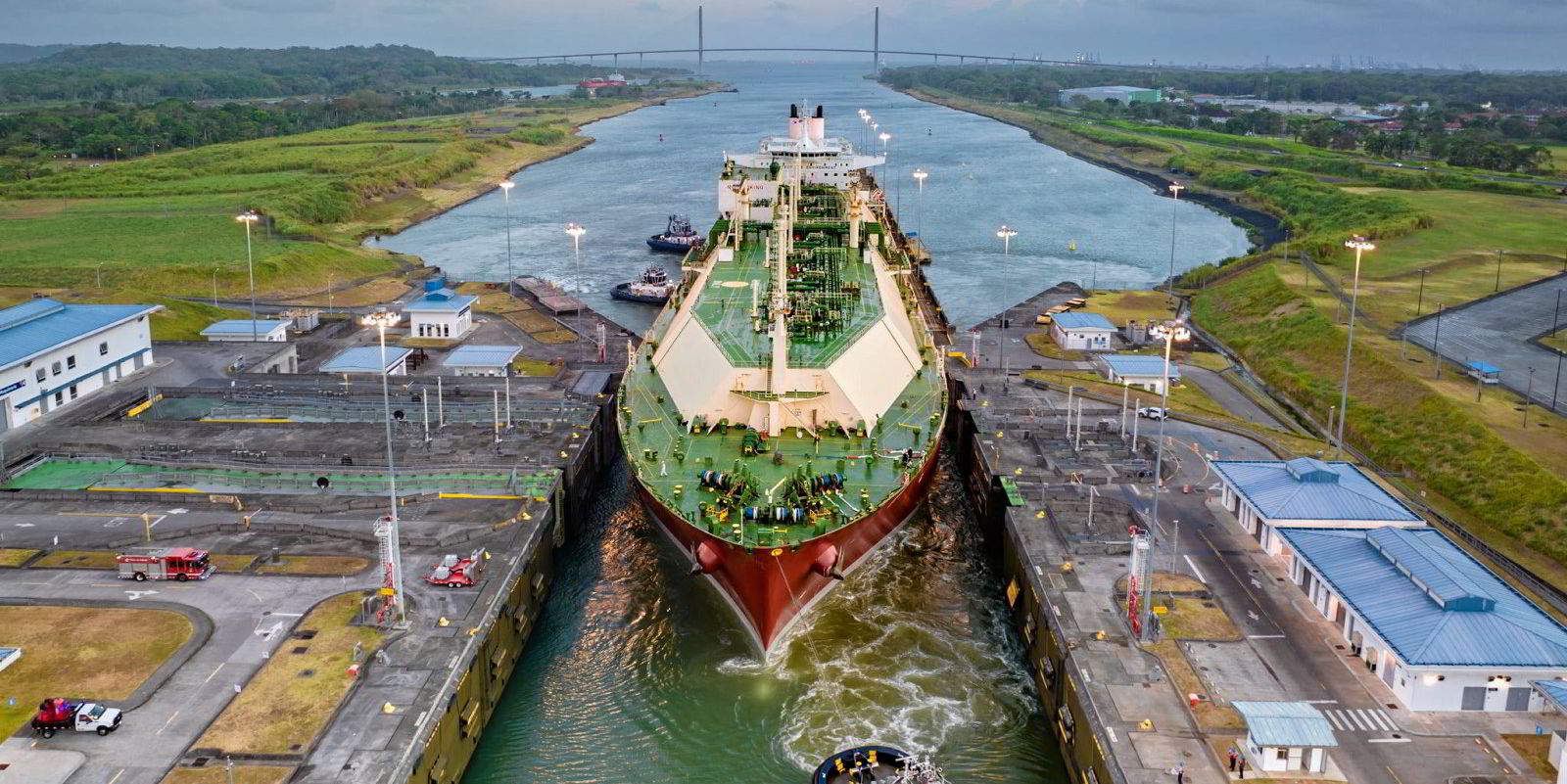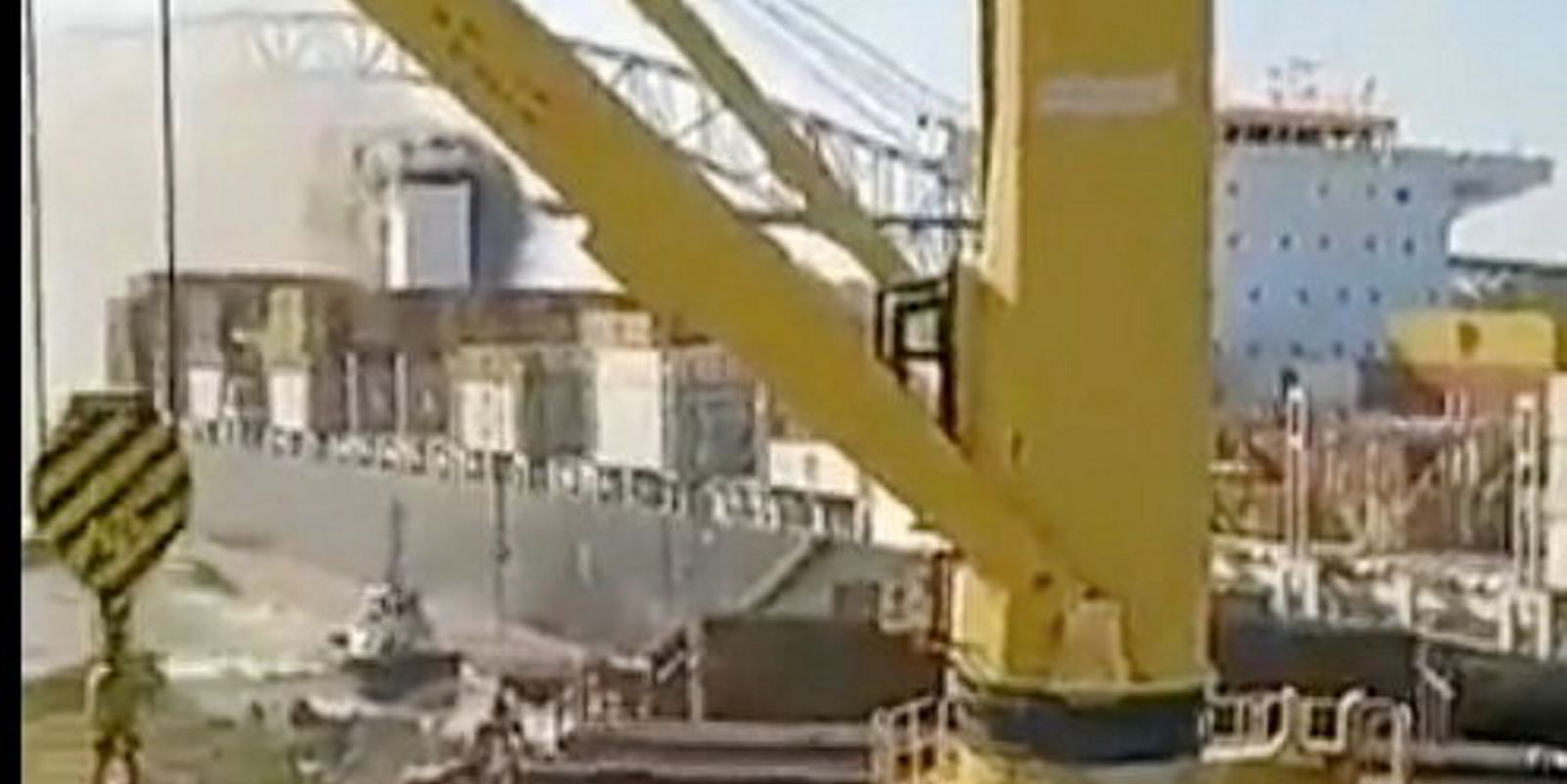The Panama Canal Authority (ACP) has emerged unscathed from another bout of arbitration relating to its huge expansion projection in the previous decade.
The waterway's bosses have been defending a series of claims about cost overruns and other issues made by its contractor, the Grupo Unidos por el Canal (GUPC) consortium.
The International Chamber of Commerce (ICC) in Miami has dismissed another $671m in legal challenges from the group relating to work on the third set of lock gates, labour costs and shareholder claims.
GUPC was formed by Spain’s Sacyr, Italy’s Salini Impregilo, Belgium’s Jan De Nul and Panama’s Constructora Urban.
It was awarded the $3.2bn project to expand the canal in 2009.
However, due to unplanned costs, GUPC claimed the total bill increased to $5.67bn, which the ACP disputed.
The authority said the latest final award rejected claims of more than $450m related to the construction of the lock gates and the shareholders’ claims about their return on investments.
Two claims were also dismissed concerning increased labour costs.
But a “limited declaration” was made in respect of another. As a result, GUPC may be entitled to further payment of up to $34m.
Subject to more time being granted
This is subject to another pending arbitration decision over whether the claimants will be granted an extension of time, however.
GUPC will in any case have to pay the Panama Canal Authority (ACP) a net amount of $20.6m in legal costs and expenses.
“The ACP will continue to pursue all actions it is entitled to in order to defend its interests,” the authority said.
The contractor originally filed five arbitrations in total.
Three awards have already gone in favour of the ACP, relating to other construction and payment issues.
GUPC failed in a bid to claim $194m for work carried out on a temporary cofferdam, while the group was ordered to pay repay advances of $847m and $13m in interest for work on the locks.
The ICC also ordered the contractor to pay $271.8m in an award concerning “concrete, aggregates, laboratories and faults”.





